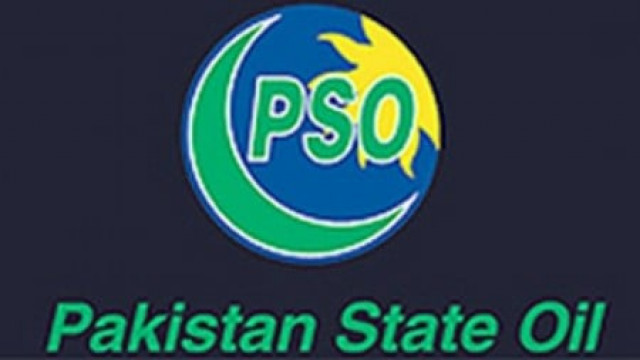Govt mulls equity swap to cut debt
Petroleum Division presents different proposals to ECC for circular debt reduction

The government is mulling over a plan to hire an external auditor for conducting evaluation to reduce circular debt of Pakistan State Oil (PSO) under an equity swap arrangement.
Earlier, PSO proposed the transfer of government shares in the company to Mari Petroleum, Oil and Gas Development Company (OGDC) and Pakistan Petroleum Limited (PPL) under the equity swap arrangement.
According to the plan, the equity swap will help clear Rs100 billion worth of circular debt of the state-run oil marketing company.
PSO proposed the transfer of 8% shares to Mari Petroleum, 15% shares to OGDC and 5% shares to PPL.
Under this plan, the government will continue to maintain its shareholding in government-owned companies.
Officials revealed that the Petroleum Division had tabled the proposal before the Economic Coordination Committee (ECC) for its consideration, along with other proposals.
The Petroleum Division also asked the ECC to impose an additional petroleum levy of Rs3 and Rs5 per litre on petrol and high-speed diesel respectively. It would help clear Rs323 billion worth of PSO’s circular debt.
The division came up with a plan to clear circular debt of Rs1.6 billion in the oil and gas sector. However, Special Assistant to Prime Minister on Power Tabish Gauhar pointed to the circular debt in the power sector that had swelled to Rs2.3 trillion.
He argued that the government should not consider the circular debt of oil and gas sector in isolation and called for taking up the issue holistically in a bid to find a solution.
Responding to that, the ECC formed a body, headed by the special assistant on power and comprising officials of power, petrol, oil and gas companies. In a recent meeting of the circular debt committee, Special Assistant to Prime Minister on Petroleum Nadeem Babar called for ascertaining the debt figures through the mapping of payables by the power sector, liked PSO’s equity swap proposal and asked who would initiate asset valuation. He emphasised that in case of equity swap, a fair valuation of assets was essential for debt settlement.
Power secretary and additional finance secretary suggested that the valuation could be carried out through the Privatisation Commission. Petroleum Division secretary proposed the constitution of a swap committee under the chairmanship of Government Holdings Private Limited (GHPL) managing director for asset valuation through an external auditor, which was supported by the special assistant.
Petroleum Division secretary asked PSO managing director about an earlier settlement formula based on dividend payment.
He explained that at that time the dividend model was more feasible as most of the receivables and payables were related to the public sector companies. The PSO MD suggested that besides OGDC, PSO could also generate cash by withholding payables to a refinery for a short period so that some part of the debt may be adjusted through dividend.
The additional finance secretary and special assistant on petroleum stated that it would create certain issues in the stock market as shares of relevant companies could artificially go up and swiftly come down.
The additional finance secretary suggested that the Securities and Exchange Commission of Pakistan (SECP) may be consulted on the dividend option. The special assistant was of the view that circular debt settlement may be initiated first through paper adjustment and writing off late payment surcharge (LPS) on the government’s part, and other options may be applied subsequently.
A representative of Sui Southern Gas Company (SSGC) informed the meeting that the company’s LPS was not included in the bottom line and would have no contribution in settling the circular debt.



















COMMENTS
Comments are moderated and generally will be posted if they are on-topic and not abusive.
For more information, please see our Comments FAQ